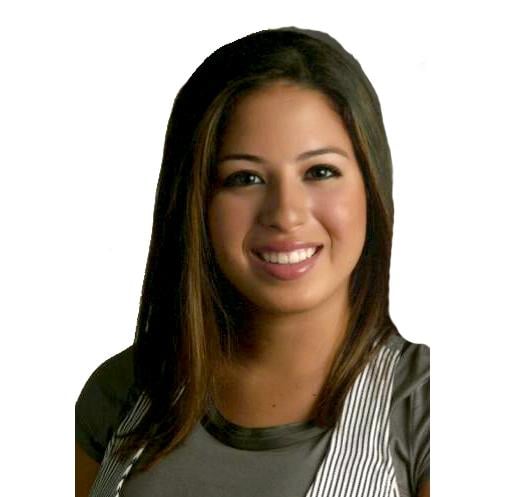The Spectrum: On being Palestinian in a pro-Israel institution

April 18, 2014
This is the first essay in The Spectrum, a new part of our Opinion section. Read more about The Spectrum’s mission.
At this point, Northwestern’s stance on the Israeli-Palestinian issue is clear as day. When University President Morton Schapiro actively releases a statement in opposition to the American Studies Association resolution and ensures that it reaches the inbox of every student from Evanston to Doha, students are marginalized. When he dedicates the beginning of his speech at Veritas Forum, a platform for advancing the exploration of truth, to advertising Israel as a “place for everyone,” he contributes to a dangerous discourse. “There are Muslims there,” he said, and my jaw dropped.
There are Muslims there.
Of course there are Muslims there. Up until the creation of the state of Israel in 1948, that land was majority-Muslim. It was events like the Deir Yassin massacre, commemorated the day after the Veritas Forum, that paved the way for Israel’s foundation. Israel does not deserve praise for allowing a small minority of indigenous Muslim Palestinians second-class citizenship (while exiling and occupying the rest). More importantly, such a forum is not the place to conveniently ignore Israel’s current and historical racism. Only a few rows away, I watched our university president whitewash Israel to a crowd of hundreds in Ryan Auditorium — the state that entirely disenfranchised (to put it mildly) my grandparents, my parents and me. At that point I realized that disenfranchisement followed me here to the campus I call home and usually feel proud to attend.
That evening, I was wearing my keffiyeh, a symbol of Palestinian solidarity and identity, at the forum. I put it on that day as an act of defiance after I heard that NU and Tel Aviv University signed an agreement to be sister universities. This initiative included the touting of NU administrators and leaders enjoying Israel. Seen in context, it showed NU as not only taking a stance but running a full-fledged top-down pro-Israel campaign. Just last month, TAU banned a Palestinian speaker event organized by its own students. Nevertheless, Schapiro and Provost Daniel Linzer really meant it when they said they “intend to maintain and strengthen relationships” with Israeli institutions. Naturally, there is no visible student input on the matter. I wonder what it would take to even attempt to establish relations with Birzeit University (this would be technically allowable now since NU decided to make exceptions to the university travel policy “for students to study in individual cities that are deemed safe” last year).
The official signing at TAU took place only four months after Schapiro encouraged the Northwestern community to “pause and reflect on the lessons that we have learned from President Mandela.” However, it appears that one of Mandela’s greatest teachings is excluded from this campus-wide reflection: standing in solidarity with oppressed peoples, no matter how unpopular their cause may be. Nearly two decades ago, Mandela himself stated, “our freedom is incomplete without the freedom of the Palestinians.”
The apartheid system of South Africa was brought down in the early 1990s, after the disinvestment campaign had just gained prominence on American university campuses during the previous decade. While the Israeli state and South African apartheid regime both imposed control in 1948 (visit the current exhibit in Main Library), the Palestinian cause, though increasingly gaining support, remains threatened on US campuses, and the Palestinian people remain tied down directly by the shackles of colonialism.
One might think my family escaped those shackles by coming to the United States. My father, a Chicagoan, could not be prouder to send his firstborn daughter to the esteemed Northwestern University. We were refugees, and we really made it. Yet sitting in that auditorium was just one more instance in my life where I fully realized that I had not escaped the burden. Instead, I felt it weighing heavily upon me.
Serene Darwish is a Weinberg junior. She can be reached at [email protected]. If you would like to respond publicly to this column, send a Letter to the Editor to [email protected].

